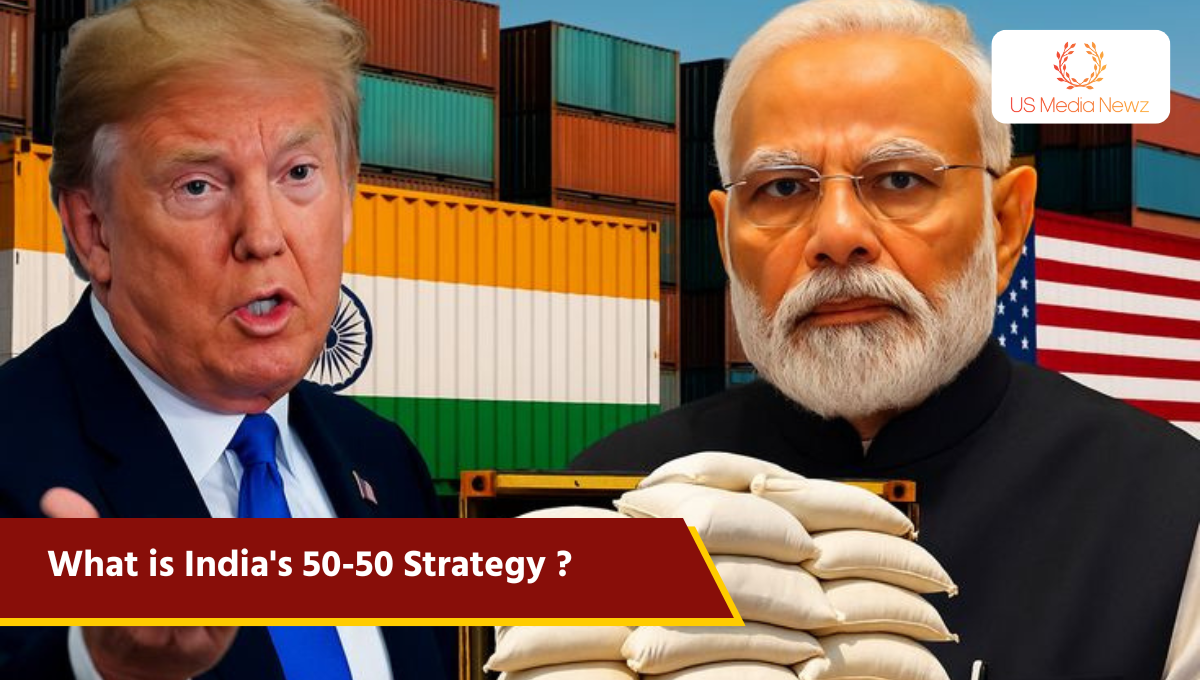A Fresh Lens on Global Economic Shifts
The global economic landscape is witnessing notable shifts as new disruptive factors come into play, challenging traditional models and introducing novel paradigms. As economies continue to recover from recent global events, such as the pandemic, fresh challenges have surfaced, impacting trade, inflation, and developmental policies worldwide. These changes are not only prompting countries to reassess their strategies but are also altering the global market dynamics in unprecedented ways.
One of the most significant changes is the increasing role of digital currencies and financial technologies, which are redefining traditional banking and financial transactions. The swift adoption of these technologies has caught many by surprise, compelling regulators and financial institutions to rethink their frameworks and adapt to a rapidly evolving digital economy. This shift not only offers tremendous potential benefits but also raises substantial regulatory and security concerns that need careful navigation.
Supply chain disruptions, another lingering issue from the pandemic era, continue to exert pressure on global trade. Many regions are struggling with bottlenecks, leading to price escalations and delayed deliveries. This disruption is encouraging businesses to explore new supply chain models, focusing on resilience and sustainability rather than just cost-efficiency. The current scenario presents an opportunity for companies to innovate and build more adaptive and durable supply chains capable of withstanding future disruptions.
Moreover, the emphasis on green energy and sustainability has gained unprecedented momentum. Nations and corporations alike are investing heavily in renewable energy solutions, aiming to diminish their carbon footprints and embrace more sustainable practices. This pivot toward sustainability is not solely an environmental imperative but also a strategic economic advantage, as it fosters innovation and opens up new markets and industries, providing diverse opportunities for growth and collaboration.
In conclusion, these economic shifts signify a transformative era, demanding adaptability and foresight. The intricate interplay between technology, supply chains, and sustainability requires a balanced approach from global leaders to ensure that progress is inclusive and beneficial for all stakeholders. By acknowledging these changes and leveraging emerging opportunities, nations and enterprises can look forward to shaping a robust and resilient global economy that thrives on innovation and mindful development.






